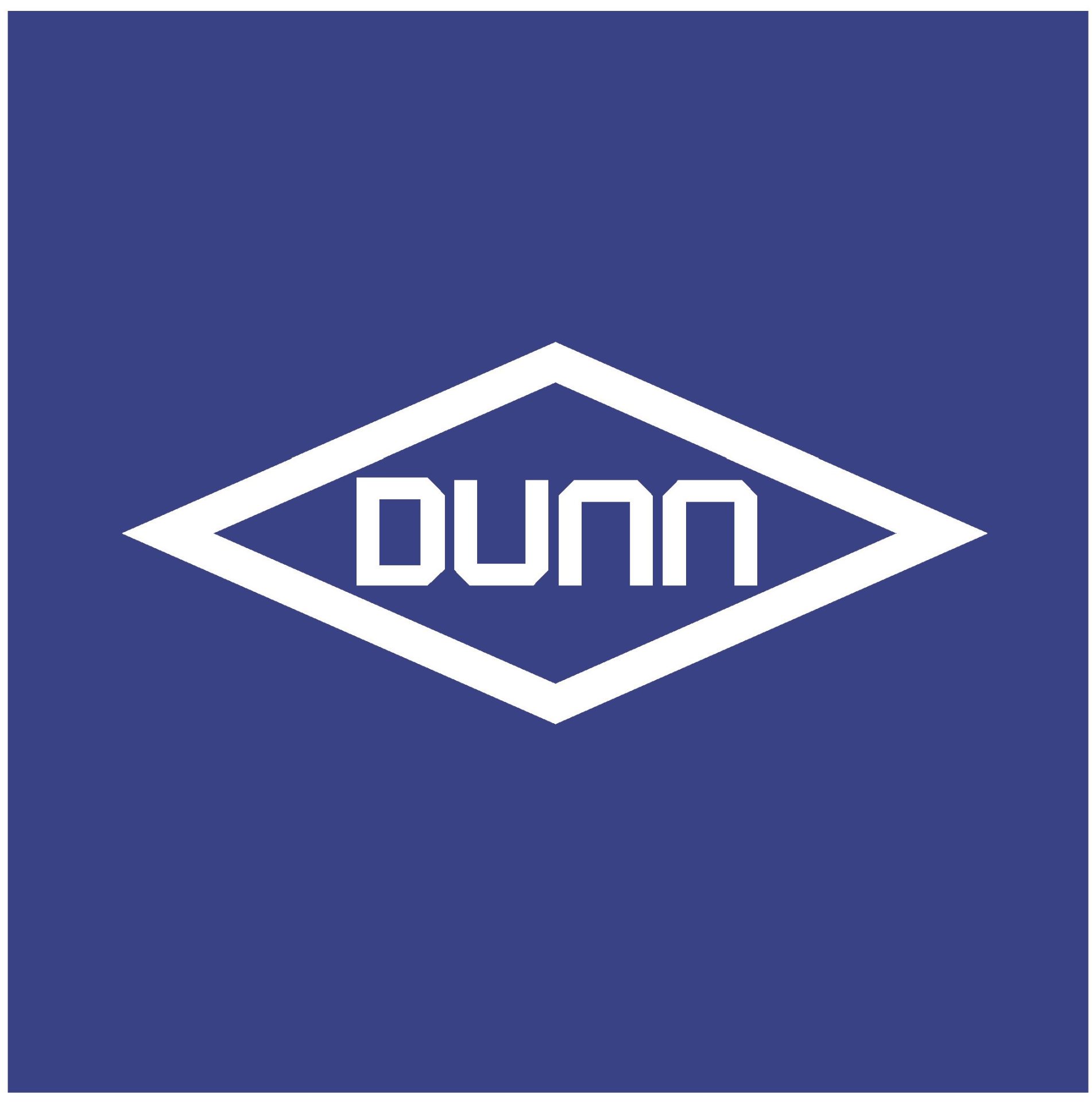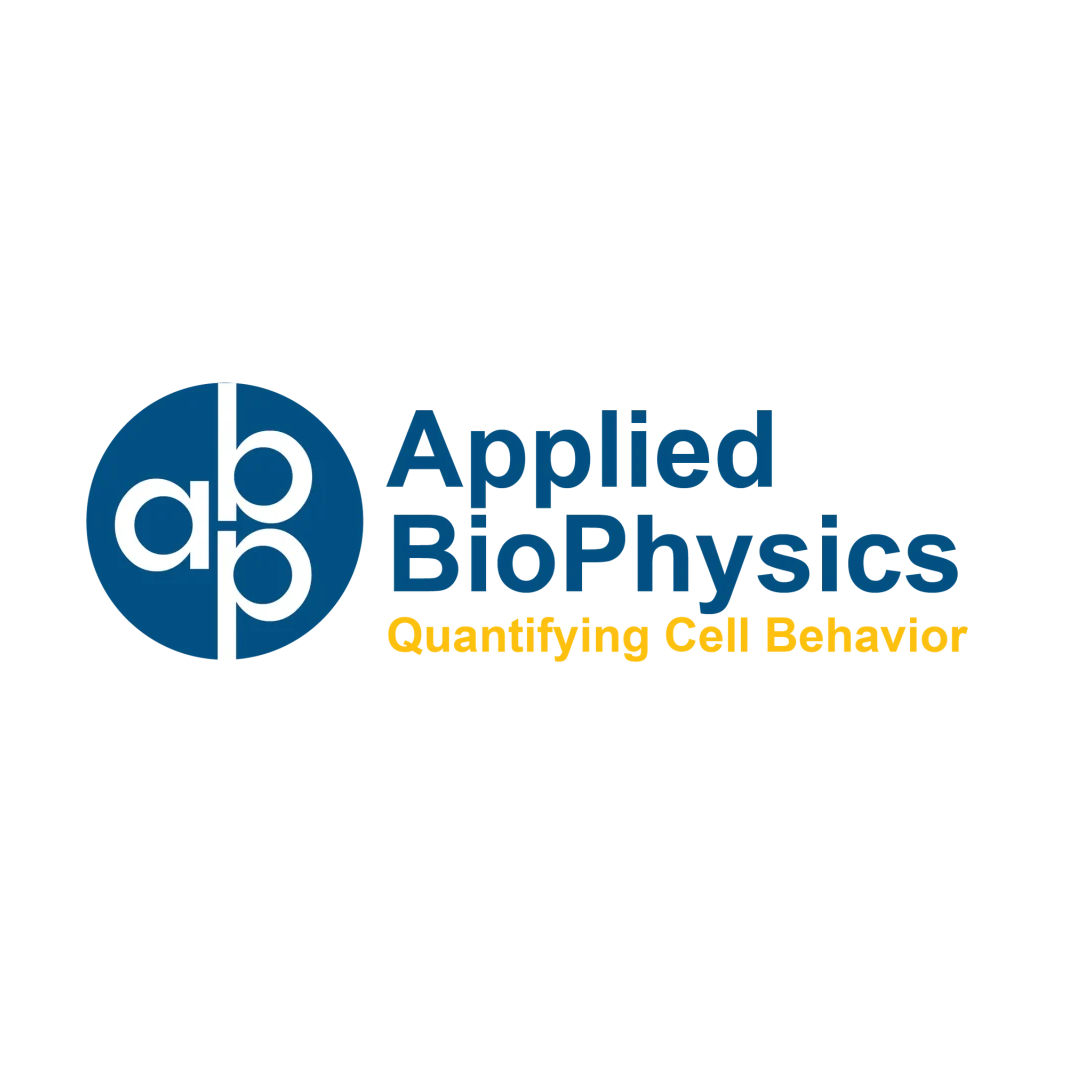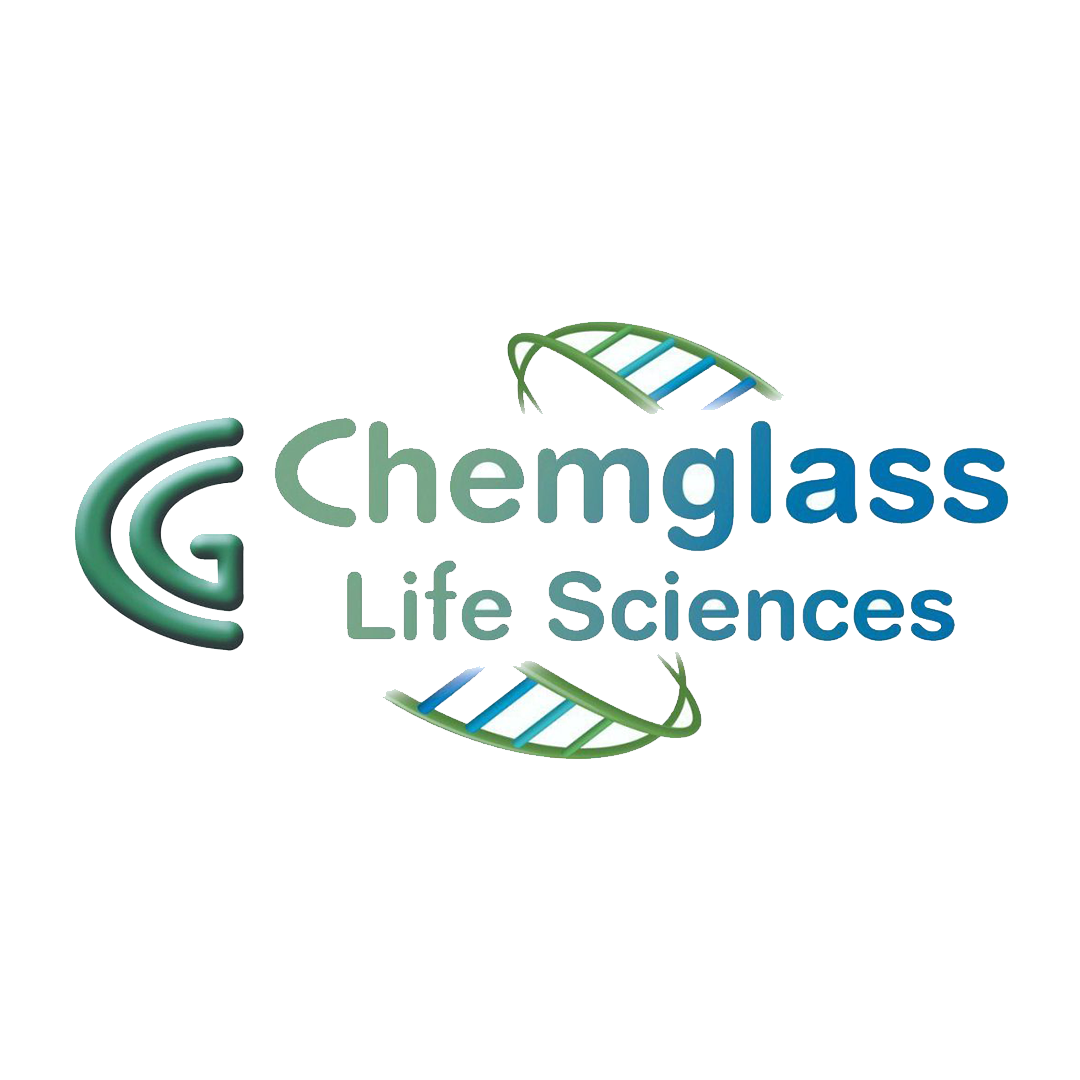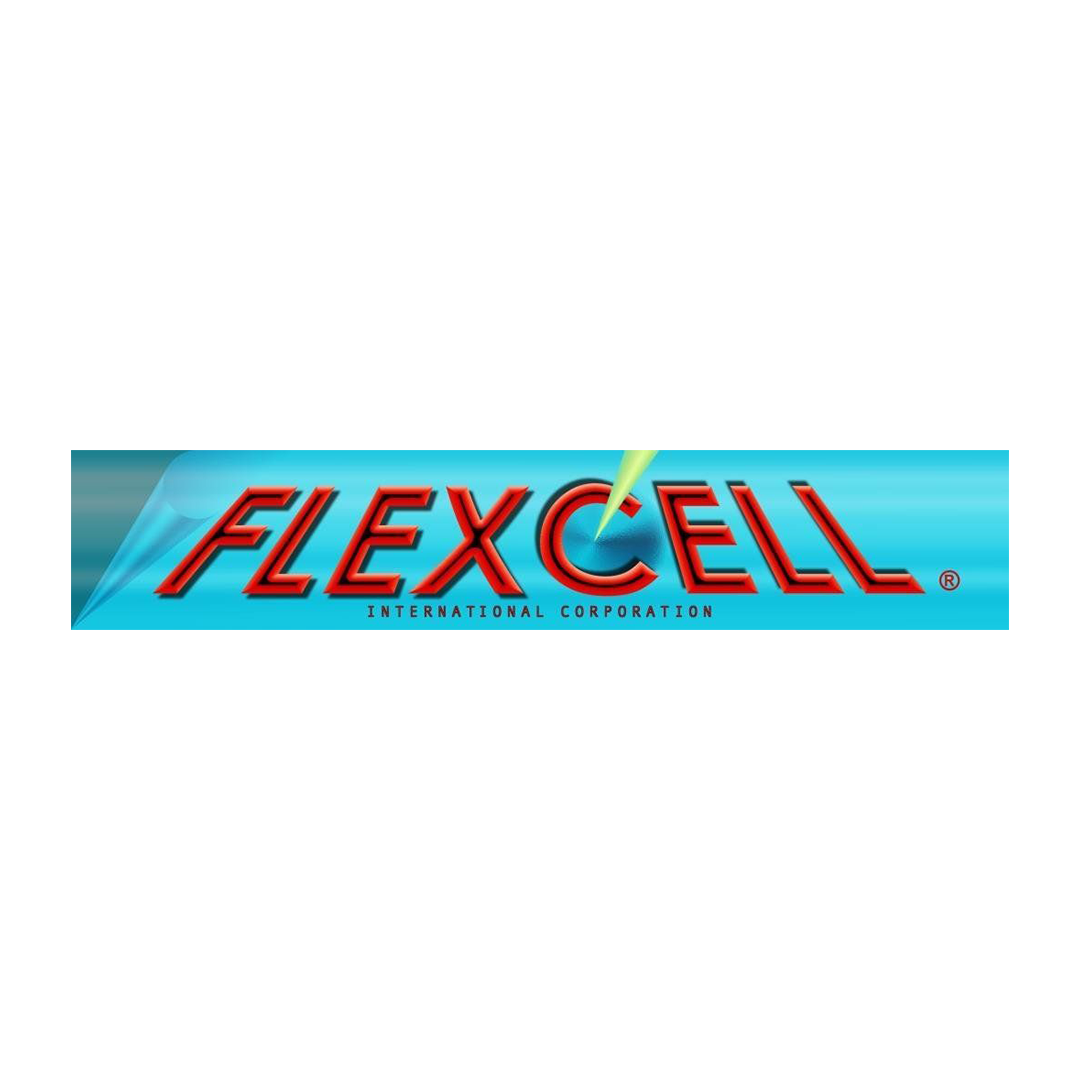Welcome to
Dunn Labortechnik!
Your reliable partner for life science products for over 40 years.
We offer you a complete range of products for your laboratory from a single source.
Our products
Laboratory equipment
Consumables
Immunoreagents
Molecular biology
Product of the week
Ampha X30 – more than a simple flow cytometer: cell count, viability and other parameters with impedance-based cell analysis
Dunn Labortechnik GmbH presents the Ampha X30 from Amphasys, an impedance-based flow cytometer which enables measuring cell count, cell size, viability or metabolic status of single cell suspensions. Due to its practical chip system, the Ampha X30 is compatible with a wide variety of cell types, whether cells are small or big, animal or human cells, algae or yeast. With the new A-Chip, even bacteria can be measured.
NEW! Biomomentum
Advanced Mechanical Testers for Characterization of Biomaterials and Soft Tissues
NEW: High Bind Plates
Dunn Labortechnik presents the new Krystal™ Signum High Bind clear 96 flat bottom plates which are designed to bind proteins, peptides, antibodies or other biomolecules to the plate surface. These characteristics make them valuable for a wide range of applications such as ELISA, antibody screening/production, protein assays, peptide or hapten binding and general biomolecular immobilization.
Chemglass Reactor Systems
Chemistry Process Reactors and Bioreactors from Dunn Labortechnik
Dunn Labortechnik offers from Chemglass Life Sciences a wide range of borosilicate glass reactor systems including chemistry process reactors, filter-bottom reactors, and bioreactors. Available are complete standard systems, as well as customized and application-specific single and multiple reactor systems for the chemistry laboratory (300 ml – 5 l) and larger reactor systems for technical centers and production (10 l – 150 l).
Produce your own OLIGO-IgG conjugates with the new OLIGO-Link kit from MOSS
Dunn Labortechnik presents the new OLIGO-Link kit from MOSS!
Whether you need 0.1 mg or 10 mg of conjugate, with this new conjugation kit you can create your own IgG-OLIGO conjugates in a few simple steps. Due to the scalable and robust chemistry used, the produced conjugates are highly reproducible.
ExoDiscovery® /ExoDisc® System from LabSpinner
Dunn Labortechnik presents the ExoDiscovery® tabletop centrifuge from LabSpinner which is designed for rapid isolation of nanoscale extracellular vesicles (EVs). Using disposable ExoDisc® -D20 or -D100 cartridges and optimized protocols, the user can easily isolate EVs with sizes of >20 nm or >100 nm from a variety of biological samples such as plasma, serum, urine, cerebrospinal fluid (CSF), bronchial wash and many more in as short as 15 – 60 minutes.
You are currently viewing a placeholder content from Google Maps. To access the actual content, click the button below. Please note that doing so will share data with third-party providers.
More Information





